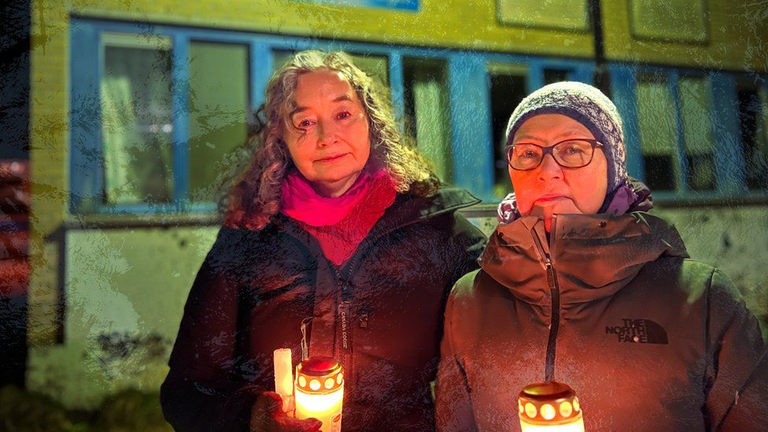Forced and unconsented birth control. With this justification, 67 Inuit women petitioned the Danish Prime Minister, Mette Frederiksen, for a personal settlement of 300 000 Danish crowns, or around 40.000 euros. They were represented by their attorney Mads Pramming.
This is merely a tiny sample of the 5000 women who were exposed to the Danish government's "Danish coil campaign" throughout the 1960s and 1970s. In 2017, activist psychologist Naja Lyberth, who is now a member of the group that may suit the Danish government, brought the facts to the attention of the public. Following a school medical check, Lyberth disclosed that she had the contraceptive coil implanted in 1976 when she was just thirteen years old. She and her classmates underwent a procedure without asking their permission or their parents', and without being told why. and naturally without any medical aid in the years that followed. The uterus has been removed in certain circumstances for young women who, in many situations, have never been able to carry a baby to term and have experienced major abdominal repercussions.
Documents from the National Archives were made public last year by the Spiralkampagnen podcast on Danish public television. It described how over 4,500 Inuit had the contraceptive coil surgically put into them during the time of the 1970s. Almost half of Greenland's reproductive women, some of them as young as twelve. In order to minimize the expense of state support by lowering the birth rate in the Inuit community, this medical practice would subsequently expand to Denmark in the next years.
Greenland, a Danish colony since 1814, had been an essential element of the Kingdom of Denmark since the 1950s. In reality, there had been a significant increase in births up until 1970, when the island's population doubled. a boom supported by the modernization initiatives of the Danish government, enhanced healthcare, and a decline in childhood diseases and death.
Additionally, the proposal aimed to restrict pregnancies to women who were single according to Danish law. Women who did not belong to nuclear families in the Western sense, but to the Inuit's extensive family system.
The Danish government didn't apologize until 2020. Then comes the creation of an inquiry panel, whose work started in May of this year and will come.
Although the elder women who had the spiral in the 1960s are now getting close to 80 years old, for Naja Lyberth this is too much time.
It is crucial that it becomes clear that the contraceptive effort was massive and carefully planned from a political standpoint, according to the psychologist who led the Inuit protest. According to the doctor, it was only the extended arm of the Danish state that was fully responsible. Words that undoubtedly cause us to consider how the practice of medicine has changed over time, in whatever setting or age, and for whatever causes.
